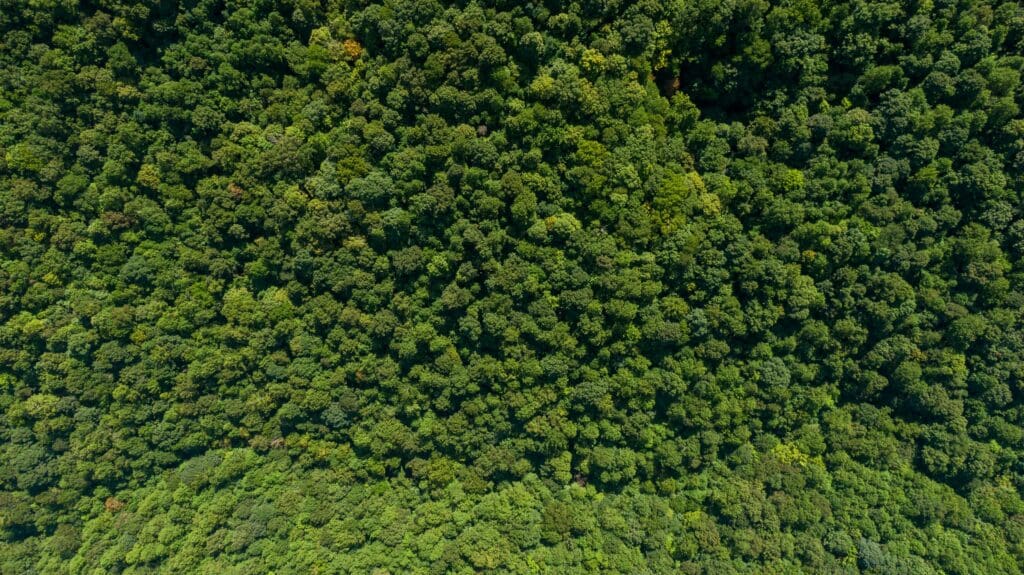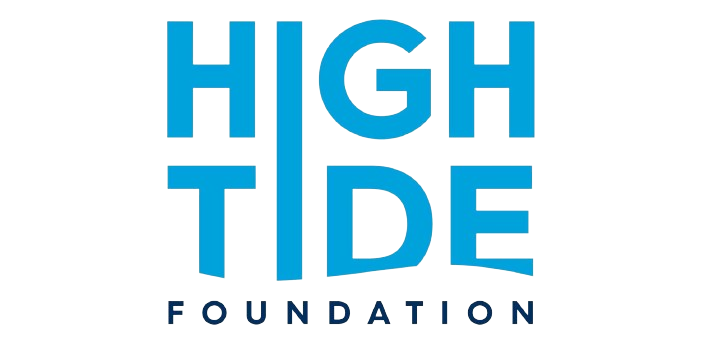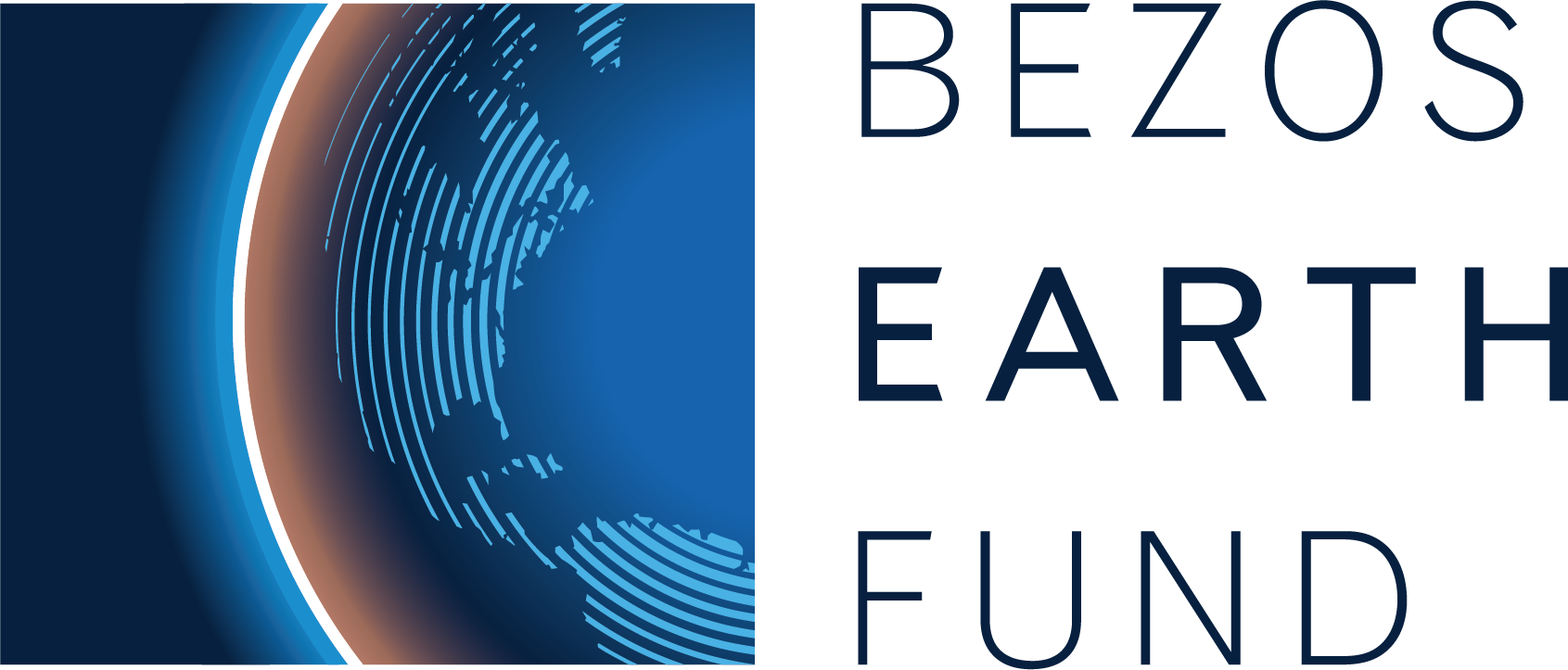Integrity Council’s public consultation on Core Carbon Principles demonstrates clear commitment to high integrity across all stakeholder groups
Written by ICVCM
Published


6 October 2022, London, United Kingdom
The Integrity Council’s 60-day public consultation on the draft Core Carbon Principles, Assessment Framework and Assessment Procedure has attracted well over 5,000 comments from more than 350 submissions, many representing the views of multiple organisations and individuals.
Speaking about the consultation, Kelley Kizzier, Integrity Council Board member and Co-Chair of the Standards Oversight Committee, said: “The consultation process has been rich and informative, which is what we had hoped for. To be successful, the Core Carbon Principles, Assessment Framework and Assessment Procedure have to be co-created in partnership with all our stakeholder groups. We appreciate the significant time and resource so many people and organisations are dedicating to this process, over many months. The depth of engagement and feedback, and the richness of insights shared, demonstrate an incredible level of commitment to high integrity across the whole market.”
During the public consultation, which closed on 27 September 2022, the public was invited to review and comment on a draft set of Core Carbon Principles (CCPs), as well as a draft Assessment Framework and Assessment Procedure. The Integrity Council’s goal is to establish a readily-identifiable benchmark for high-integrity carbon credits that create real, additional and verifiable climate impact with high environmental and social integrity, based on solid science and best practice.
Chris Leeds, Integrity Council Board member, and Co-Chair of the Market Formation and Communications Committee, said: “We have been engaging extensively during the consultation period to ensure our work is informed by diverse insights and knowledge from all parts of the market, including credit programmes and exchanges, buyers and market participants, to environmental NGOs and Indigenous Peoples and local communities. This included hosting briefings and workshops, directly reaching around 1300 people in 60 countries and four languages.”
The Board, Expert Panel and Executive Secretariat have already begun an intensive process of reviewing and analysing each and every comment and recommendation received during the public consultation.
Annette Nazareth, Chair of the Integrity Council, said: “It has taken two years to get to this point today; to gather expertise, knowledge and learning from across the market and channel all of that wisdom into a set of proposals that could catalyze an exponential increase in the amount of carbon we can remove and reduce through high-integrity carbon credits.
We are deeply committed to working with all our stakeholders to strike the right balance of ambition and pragmatism. In this next phase, our priority is to ensure our process for reviewing and assessing the consultation feedback is inclusive, thorough and robust, and to adapt the CCPs, Assessment Framework and Assessment Procedure in the context of the insights we have received from all our stakeholders.”
The Integrity Council is committed to transparency and will publish further updates on our website, social channels and in our newsletter on a regular basis. The team will also continue to engage in dialogue with stakeholders to explore solutions and ensure that the council correctly interprets comments submitted during the consultation.
Reference materials:
- English: Public Consultation – ICVCM
- Español: Consulta Pública – ICVCM
- Português: Consulta Pública – ICVCM
- Français: Consultation Publique – ICVCM
- Introduction video (English): Public Consultation Briefing Webinar – ICVCM
Media requests:
Conor Quinn, Greenhouse Communications
[email protected] [email protected]
+44 7444 696 214
About the Integrity Council:
The Integrity Council for the Voluntary Carbon Market (Integrity Council) is an independent governance body for the voluntary carbon market.
The Integrity Council’s mission is to set and enforce definitive global threshold standards for the voluntary carbon market, drawing on the best science and expertise available, so high-integrity carbon credits channel finance towards genuine and additional greenhouse gas reductions and removals that go above and beyond what can otherwise be achieved, and that contribute to climate resilient development.








